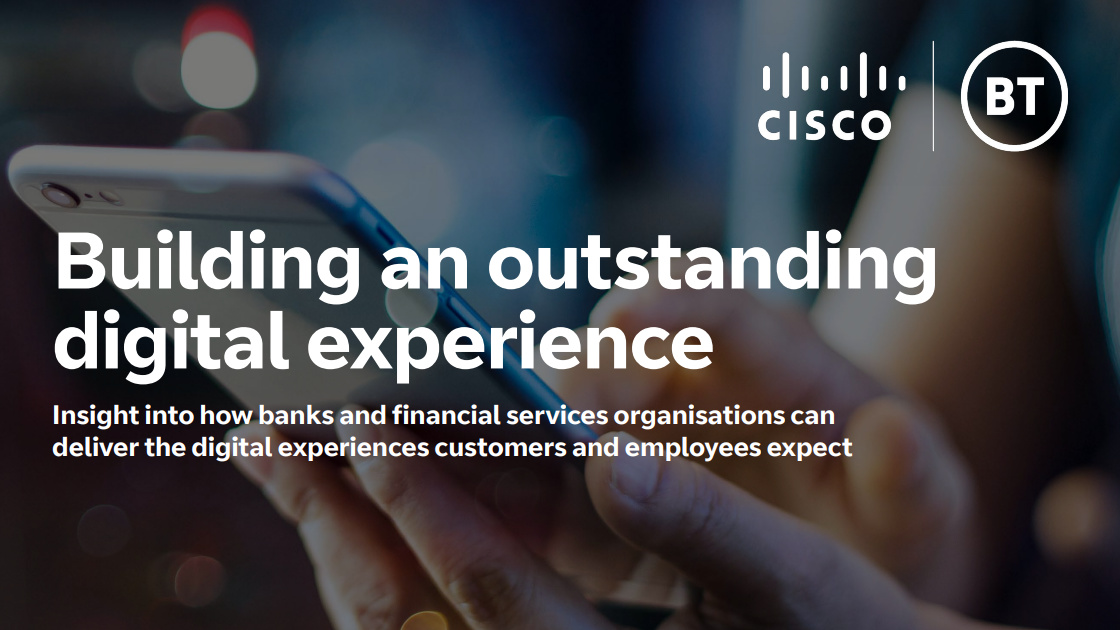Central African Republic use of Bitcoin as legal tender raises environmental concerns
The adoption of a cryptocurrency is unusual for a country where only 4% of citizens have access to the internet


The adoption of Bitcoin as legal tender by the Central African Republic (CAR) has been met with sustainability concerns from experts, with the expectation that other countries will soon follow.
Announcing the news on Wednesday, the CAR will adopt Bitcoin as an accepted alternative currency, alongside the country’s Central African Franc (CFA), thanks to a new law approved by president Faustin Archange Touadera.
CAR becomes only the second country to adopt a cryptocurrency as nationally accepted currency, behind El Salvador, which formally adopted Bitcoin last year.
The CAR “is the first country in Africa to adopt bitcoin as legal tender," said Obed Namsio, Touadera’s chief of staff, in a statement issued to media.
"This move places the Central African Republic on the map of the world's boldest and most visionary countries,” he added.
Technology and fintech experts have raised the issue that Bitcoin requires a large amount of energy in order mine new currency and its proof-of-work blockchain is not an environmentally-friendly operational model.
“The news that the Central African Republic (CAR) has become the second country to accept Bitcoin as legal tender is a worrying one for the environment,” said Joe Baguley, VP & CTO EMEA at VMware.
Get the ITPro daily newsletter
Sign up today and you will receive a free copy of our Future Focus 2025 report - the leading guidance on AI, cybersecurity and other IT challenges as per 700+ senior executives
“It is a timely reminder of the fundamental mistake the founders of bitcoin made by building the cryptocurrency on a proof-of-work blockchain, which consumes an incredible amount of energy.”
The United Nations (UN) categorises CAR as one of the least developed countries in the world and has assembled the Minusca peacekeeping operation to help aid the humanitarian crisis that has been unfolding in the region for many years.
RELATED RESOURCE

Injecting simplicity, speed, and innovation in core insurance processes
The case for Claims Management
Access to cryptocurrency, including Bitcoin, requires access to the internet and a device capable of handling a cryptocurrency wallet, such as a computer or smartphone. With just 4% of people in CAR having internet access, the situation has raised questions about the long-term viability of the cryptocurrency alongside the CFA.
Wider commentary has also focused on the potential of cryptocurrency-related crime, but one expert told IT Pro that CAR is unlikely to be the last country to adopt Bitcoin as legal tender.
“We can expect an increasing number of countries to follow the example of El Salvador and now the Central African Republic and adopt Bitcoin as legal tender,” said Nigel Green, CEO at deVere Group.
“I expect Bitcoin will be adopted as legal tender in at least one more African and one Central or Latin American country before the end of the year.
“In Africa, we believe Tanzania could be one of those countries. Its central bank said last year it was working on a presidential directive to prepare for cryptocurrencies. In Latin and Central America, it could potentially be Paraguay or Mexico next.”
El Slavador leads the way
El Salvador became the first country in the world to adopt Bitcoin as legal tender in September 2021, with president Nayib Bukele being well-known for his bullish stance on the cryptocurrency.
However, the move was met with a mixed response. Just days after the adoption became official, thousands of Salvadorans marched the streets protesting the move, setting fire to Bitcoin ATMs.
Many Salvadoran citizens thought the move to adopt Bitcoin was a political ploy to divert attention from Bukele’s scrutinised policies and research showed fewer than 5% of citizens fully understood the technology.
Critics at the time also drew attention to the official cryptocurrency wallet’s app permissions requesting access to a user’s microphone and contacts, permissions not typically required by such an app.
Addressing environmental concerns, Bukele announced plans to build a ‘Bitcoin City’ at the foot of a volcano in November 2021, saying energy harvested by the rapture in land could power the nation’s use of the technology, and the proposed city itself.
The International Monetary Fund (IMF) also urged the country to remove Bitcoin’s legal status at the start of 2022, citing risks to market integrity and financial stability.

Connor Jones has been at the forefront of global cyber security news coverage for the past few years, breaking developments on major stories such as LockBit’s ransomware attack on Royal Mail International, and many others. He has also made sporadic appearances on the ITPro Podcast discussing topics from home desk setups all the way to hacking systems using prosthetic limbs. He has a master’s degree in Magazine Journalism from the University of Sheffield, and has previously written for the likes of Red Bull Esports and UNILAD tech during his career that started in 2015.
-
 Bigger salaries, more burnout: Is the CISO role in crisis?
Bigger salaries, more burnout: Is the CISO role in crisis?In-depth CISOs are more stressed than ever before – but why is this and what can be done?
By Kate O'Flaherty Published
-
 Cheap cyber crime kits can be bought on the dark web for less than $25
Cheap cyber crime kits can be bought on the dark web for less than $25News Research from NordVPN shows phishing kits are now widely available on the dark web and via messaging apps like Telegram, and are often selling for less than $25.
By Emma Woollacott Published
-
 Unlock the potential of LATAM’s booming crypto market
Unlock the potential of LATAM’s booming crypto marketwhitepaper Strategic pathways for crypto companies looking to expand into Latin America
By ITPro Published
-
 The customer knows best: How to ensure you’re delivering an effective digital payments experience
The customer knows best: How to ensure you’re delivering an effective digital payments experienceSponsored Tap into shifting customer trends with account information services that will give your business a competitive edge
By ITPro Published
-
 How AI is accelerating digital transformation in the banking industry
How AI is accelerating digital transformation in the banking industrySupported Content Gen AI, fraud detection, and chatbots are all transforming the financial industry, but the cloud is the foundation for it all
By Bobby Hellard Published
-
 What open banking means for the future of online transactions
What open banking means for the future of online transactionsOpen banking offers a faster, more automated future for transactions – but it has a rigid legal road to traverse
By ITPro Published
-
 Embracing the future of financial services
Embracing the future of financial servicesWhitepaper Embedded Finance is leading the way. Discover how merchants could stand to gain the most.
By ITPro Published
-
 The online cash revolution
The online cash revolutionwhitepaper Why adding eCash to the checkout unlocks more growth
By ITPro Published
-
 Building an outstanding digital experience
Building an outstanding digital experiencewhitepaper Insight into how banks and financial services organizations can deliver the digital experiences customers and employees expect
By ITPro Published
-
 How payments support the growth of software platforms
How payments support the growth of software platformswhitepaper Discover how Paysafe can help drive the growth and success of your software platform
By ITPro Published